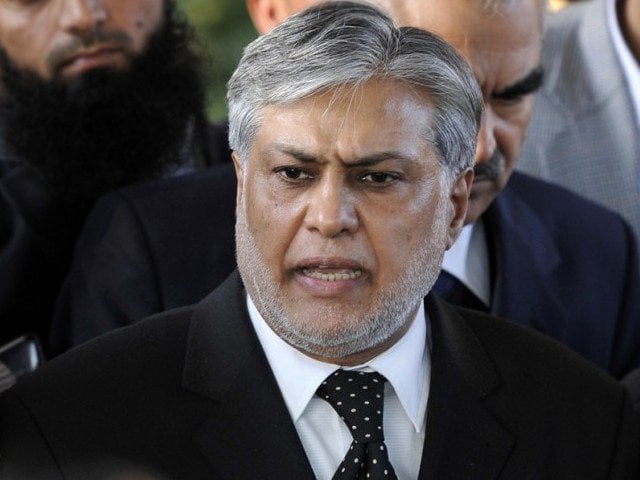A Historic Agreement Between Allies
Pakistan and Saudi Arabia have signed what officials are calling a historic strategic defence agreement, cementing decades of close cooperation between the two Muslim-majority nations.
Speaking to reporters on Friday, Deputy Prime Minister and Foreign Minister Ishaq Dar stressed that the agreement was not a decision reached overnight but the outcome of months of negotiations. He described it as “a historic milestone” that has generated enthusiasm not only in Islamabad and Riyadh but also among several other countries that have shown interest in pursuing similar arrangements.
Dar said both nations were “very happy” with the pact, which he argued would deepen trust and ensure mutual support in times of crisis.
Longstanding Saudi Support for Pakistan
The Foreign Minister highlighted Saudi Arabia’s consistent role in supporting Pakistan during difficult times. He recalled Riyadh’s financial and diplomatic backing when Pakistan faced international sanctions, as well as Saudi Arabia’s critical assistance in securing the International Monetary Fund (IMF) bailout package in recent years.
Dar underlined the special religious and emotional connection between Pakistan and the Kingdom, noting that “every Muslim holds deep reverence for the holy sites in Makkah and Madinah and is ready to sacrifice for them.”
Not Directed Against Any Third Country
At a weekly press briefing, Foreign Office spokesperson Shafqat Ali Khan clarified that the agreement should not be seen as targeting any third country. Instead, he said, the pact is designed to contribute to peace, security, and stability in the region.
He stressed that the leadership of both countries is determined to take bilateral relations “to new heights.” The partnership, he said, is rooted in fraternity, shared values, and decades of cooperation.
Defence Ties Since the 1960s
Defence cooperation has been a cornerstone of Pakistan–Saudi relations since the 1960s. Over the decades, Pakistan has provided military training to Saudi forces, while Riyadh has extended financial aid and oil supply support to Islamabad.
The newly signed pact goes further, declaring that an attack on one country will be considered an attack on both. Analysts say this clause reflects a commitment to collective security and marks an evolution of the relationship into a more formalised defence alliance.
Broader Foreign Policy Context
The Foreign Office spokesperson also noted that Pakistan will continue to strengthen ties with its “historic partners,” including Saudi Arabia and China, while upholding its principled support for Palestinian and Kashmiri self-determination.
Observers see the timing of the deal as significant. The Middle East is grappling with escalating conflicts, including the ongoing war in Gaza and rising tensions in the Red Sea, while South Asia continues to face instability in Afghanistan and friction between Pakistan and India over Kashmir.
By formalising its defence partnership with Saudi Arabia, Pakistan signals its intention to position itself as a reliable security partner in both the Gulf and South Asia.
Regional and International Reactions
The deal has already drawn regional attention. Egyptian Foreign Minister Dr. Badr Abdelatty telephoned Ishaq Dar to congratulate him on the pact, calling it an “important milestone towards trust and cooperation.” Both leaders also discussed broader regional and global developments, reflecting Cairo’s interest in closer trilateral or multilateral engagements.
While no official reaction has yet come from Iran or other Gulf states, analysts suggest they will closely watch how this agreement shapes regional alliances.
Looking Ahead
With both leaderships committed, the agreement appears to be more than a symbolic gesture. It reflects a shared vision for a stronger, more formalised defence partnership.
For Pakistan, struggling with economic and security challenges, Saudi backing provides reassurance. For Riyadh, deepening ties with a nuclear-armed ally in South Asia enhances its strategic depth.
As Ishaq Dar put it, “this is not the end of cooperation, but the beginning of a new chapter.”















